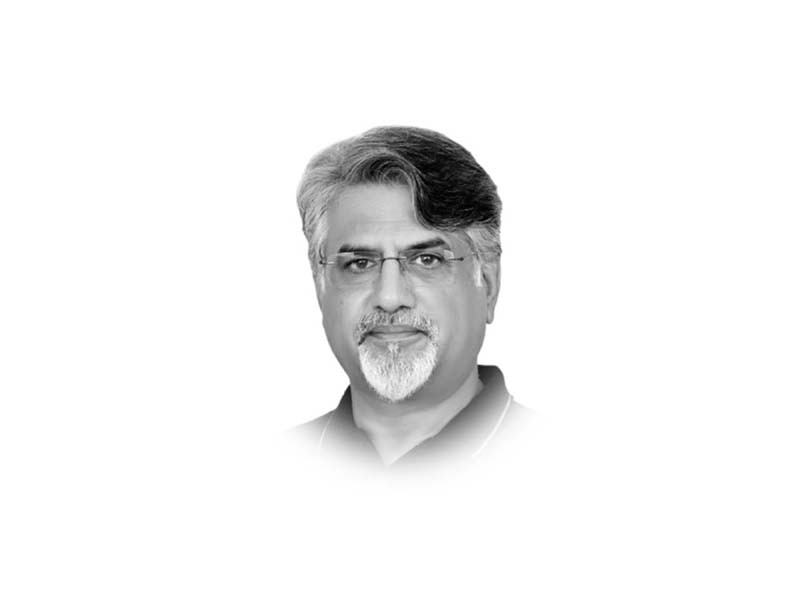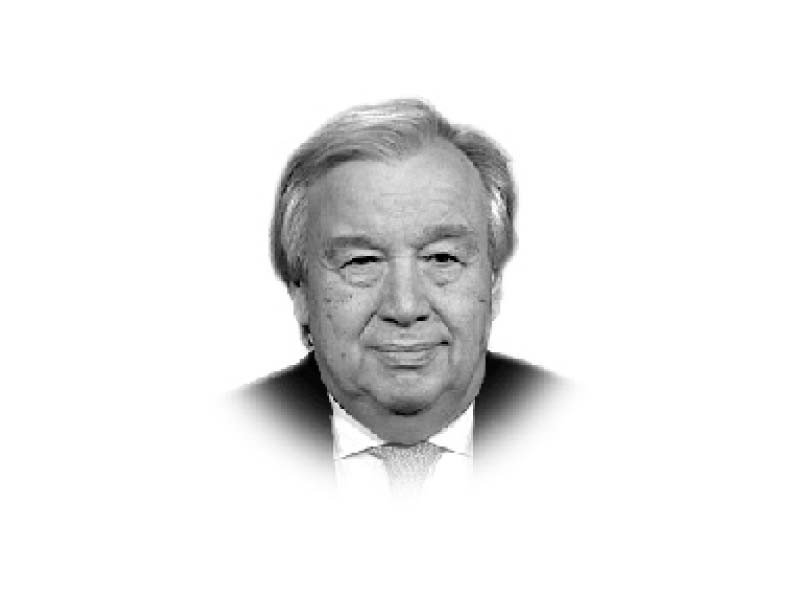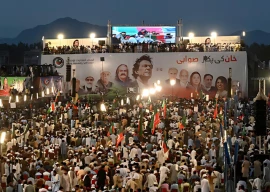
Elections in Bangladesh were the first in year 2024. National elections in about 50 more countries will take place this year in which 2 billion voters are eligible to cast votes. BNP, Bangladesh’s main opposition party, which boycotted the current elections, had also boycotted the 2014 elections as a consequence of Awami League (AL) government’s abolition of caretaker government through the passage of the 15th constitutional amendment. For the following four years, BNP was unable to mobilise public opinion and push for a street campaign to oust the AL government headed by Prime Minister Sheikh Hasina Wajid. The 2018 elections in which the BNP did participate were so blatantly engineered that even the AL leaders were embarrassed on most of the one-sided outcomes. So, when the results are a forgone conclusion, the winners are already known and elections are stage-managed, shouldn’t it be an obvious and rational choice of any opposition party to boycott them? Was this a rational choice made by BNP? Isn’t it that what is rational for leaders is rational for the state as well?
Hasina Wajid won her fourth consecutive and the fifth overall term in office which means that she has spent more than 19 years in power. Her biggest accomplishment is how she has expanded Bangladesh’s economy in the last decade an indicator of which is that the country’s GDP has risen from being $71 billion in 2006 to being $460 billion in 2022. But this has come at a cost. Overtime, four million legal cases have been registered against the BNP workers and leaders, and Hasina Wajid’s autocratic regime has converted Bangladesh into a one-party state. And this state is called Awami League.
Political scientists John Mearsheimer and Sebastian Rosato have recently published a book, How states think: The Rationality of Foreign Policy, in which there are some very interesting findings which can be applied to Bangladeshi elections. When Mearsheimer and Rosato write how those states think, they actually mean how the leadership and policymakers in the state think. Therefore, the psychology of the leaders is the most important aspect in how states think. Leaders hold biases, they have their emotional fixations like the soldiers have with the enemy, the businessman with profits and the politicians with power. A desire to stay in power of leaders such as Hasina Wajid forces them to undertake costly actions that undermine the state’s interests. Autocratic leadership is filled with the desire of being considered and told that it is always right. The leadership’s advisers — some looking for promotions, some for great portfolios and some for political and financial benefits — spin their arguments to make them overlap and compatible with the leader’s beliefs, always endorsing what the leader believes and has already decreed. With the passage of time leaders like Hasina Wajid become a classic dictator who resist putting their individual views through the machinery of the state. Whatever manner of deliberation they create is only a ‘performative ritual of deliberation’ in which voices are raised but they fall on deaf ears of the policymaking machinery which is only leading the country towards despotism.
Gradually the deliberative process in states like Bangladesh becomes meaningless and so are their parliaments that hold such process. Parliaments are supposed to eliminate emotional fixations and individual biases of leaders through discussions and debates. Parliaments are the wombs where collective state rationality grows and if they don’t come into existence as a byproduct of fair and free elections, they become just the echo chambers of unjust democracy where debate is shut down, classic individual biases rule and dictatorship prevails.
Leaders like Hasina Wajid don’t want to lose elections because that would mean losing power. Out of power, such leaders expect the same kind of repressive retribution that they extended to the opposition so losing power is not an option for them. Hence, the unfair and sham elections and the resulting dictatorship. Dictatorship is like sinking sand from which there is no exit strategy. History is a witness to the manner of dictatorship sinking — from Hitler to Mussolini, from Pinochet to Shah of Iran to Robert Mugabe, Saddam Hussein, Muammar Gaddafi, Ziaul Haq and Hosni Mubarak, all of whom met a sad end.
Every state is part of a global system and if it makes irrational choices, it is globally held accountable. The example of Israel is in front of us in how it is, though belatedly, being tried in the International Court of Justice for committing genocide against the people of Gaza. All the dictators I mentioned were mostly brought down from power more because of external than internal factors. So, the role of external world, especially the US, in how it treats countries like Bangladesh where a single-party dictatorship has overtaken democracy, is very important. When sham elections were held in Bangladesh in 2018, the US imposed travelling restrictions on Bangladeshis that undermined those elections. The US also didn’t invite Bangladesh to the two US-hosted summits of democracy. The US has also declared the current Bangladeshi elections as ‘not free and fair’ but this is not enough.
Why India, and even other countries on the mouth of two bays of Indian Ocean, get away with the US not condemning their undemocratic practices has a strategic reason — China. In the great game being played in the Indian Ocean, most of these port states have a strategic significance for the US and it cannot afford these states pivoting away from it and towards China. So, the US leadership is being rational and its decisions are being driven by balance of power reasoning. The US is a perfect example for states like Bangladesh to understand why democracy is necessary. In the US, the decision-making mechanisms are fully employed and leader’s interests and state interests match even when dealing with imperfect democracies.
If the people of the 50-odd states going to elections this year don’t understand the importance of fair and free elections, they may continue to be ruled by irrational leadership that will continue to act in undemocratic ways and the people will continue living under growing dictatorships. Bangladesh has made a bad beginning but the people of other countries can learn from Bangladesh’s experience and instead of boycotting elections participate in them with full force. And if the regime resorts to unfair means, they should hold it accountable through continued peaceful protests. That is the only way forward if people want a modern, welfare and democratic state. This is the difference in taking a pathway of either becoming Bangladesh or a modern welfare state.
Published in The Express Tribune, January 14th, 2024.
Like Opinion & Editorial on Facebook, follow @ETOpEd on Twitter to receive all updates on all our daily pieces.

1725702509-0/anna-(1)1725702509-0-405x300.webp)
1725700774-0/kamala-(1)1725700774-0-165x106.webp)


1725696248-0/kidman-(1)1725696248-0-165x106.webp)









1724268870-0/Supreme-Court-of-Pakistan-(2)1724268870-0-270x192.webp)




COMMENTS
Comments are moderated and generally will be posted if they are on-topic and not abusive.
For more information, please see our Comments FAQ